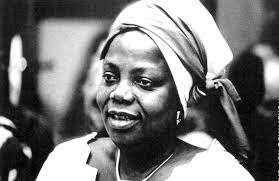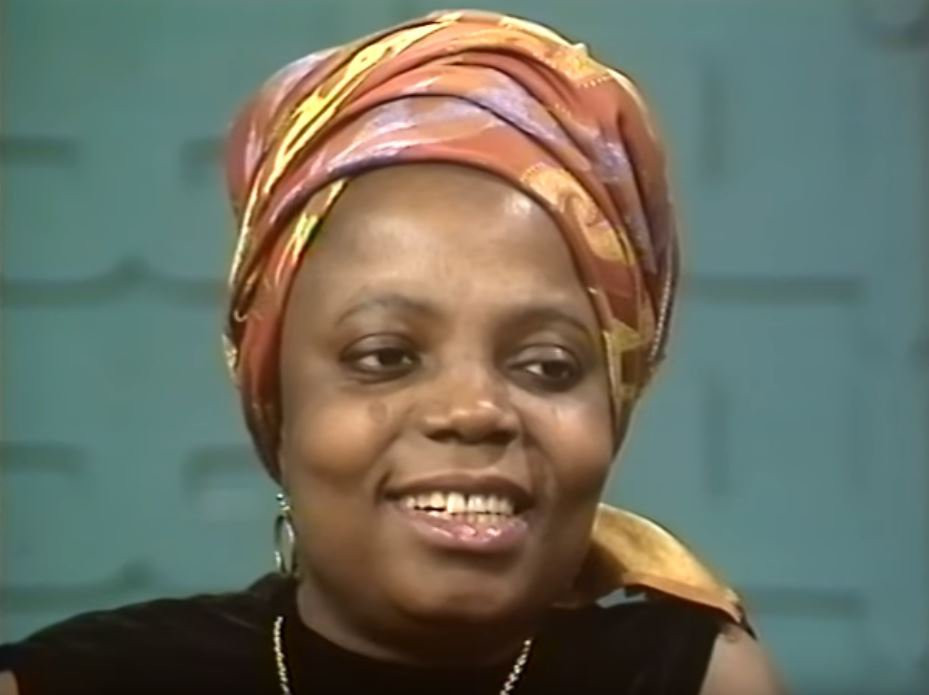Buchi Emecheta was an award-winning British Nigerian author who documented her experiences as a Black woman, single mother, and Nigerian immigrant throughout both her fiction and non-fiction writing. Her work intertwines the many layers of her identity to expose how women, and especially black women, are treated as second-class citizens no matter where they go.
Emecheta was born to Igbo parents in Lagos, Nigeria, and as a child was set for early marriage with no education until she convinced her parents to let her have the same level of education as her brother. After attending an all-girl’s missionary school, she married one of her classmates and went with him to London where he was pursuing higher education. She had five children with him, and eventually left with him with her children because he was violent. In addition to being violent, he was suspicious of her writing and burned her first manuscript, which she had to rewrite.
After leaving her husband, Emecheta worked while earning for Bachelor’s from the University of London, and later went on to earn her PhD from that university as well. As well as writing novels (over 15!), Emecheta also wrote a column in the New Statesman focused on the experiences of Black British life, which eventually turned into a book, In the Ditch, and also wrote autobiographical books, such as The Bride Price, Second-Class Citizen, The Joys of Motherhood, and Destination Biafra. She also wrote children’s books and ran a publishing company with her son.
After gaining literary recognition, she traveled as a visiting lecturer and professor around the U.S., including at Penn State University, the University of Illinois, and the University of California. She also became a Fellow at the University of London in 1986, and won many prizes throughout her career, such as the Jock Campbell Prize and becoming a member of the Order of the British Empire.
She passed in 2010, and a few years later her son announced the establishment of the Buchi Emecheta Foundation, which promotes literary and educational projects in the UK and in Africa, in memory of Emecheta. Emecheta’s writing expanded the examination of gender discrimination and explored the idea of woman as whole, independent people who did not (and should not) be defined through their relationships to men; her writing continues to be as relevant today as it was when it was first published.

